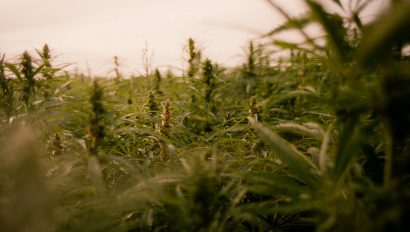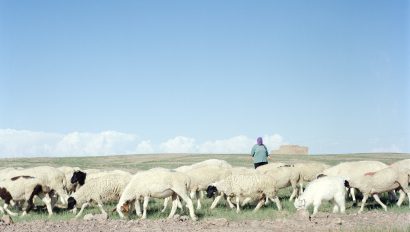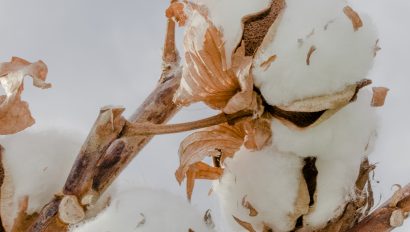Growing Climate-Resilient Cotton with Materra’s Master Farmers in Gujarat, India
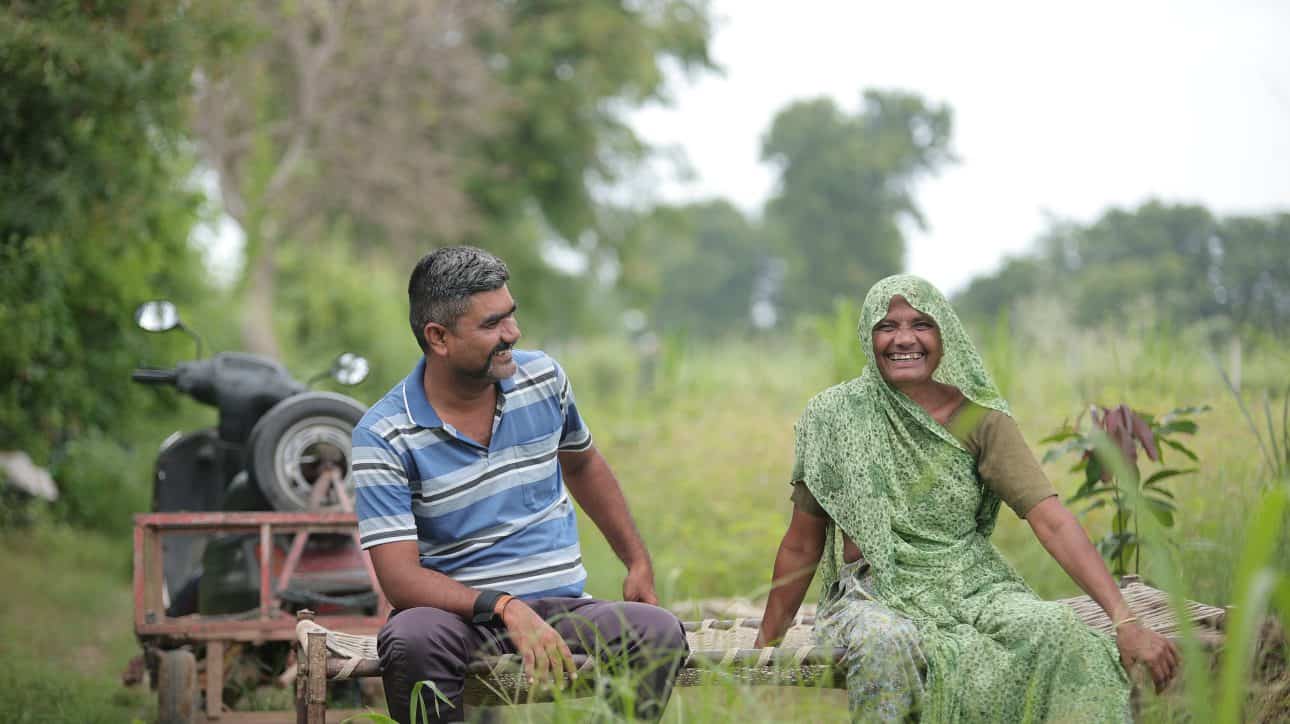
Words: Yessenia Funes
Images: Milan Patel
Our latest docu-story sees independent environmental journalist Yessenia Funes unearth an ex-accountant’s journey towards creating climate-resilient cotton in Gujarat, India.
In this story, Funes speaks with Ranvirsinh Vaghela, who, after realizing that his family farm was struggling to make a profit, decided to put all his energy into switching to organic. He’s now part of a growing network of cotton farmers in India working with Materra – an innovative company helping to encourage the adoption of regenerative growing practices.
As one of Materra’s “master farmers,” Vaghela draws on his experience with organic agriculture to help other local farmers reduce and substitute their chemical inputs.
Ranvirsinh Vaghela originally studied to become an accountant. And the 39-year-old was good at it. After he used those accounting skills — crunching numbers to calculate profits and losses — to assess the earnings of his father’s farm in their village of Delvad in Gujarat, India, Vaghela changed career paths to assist his family. The figures he found were troubling: “There was no profit,” he said in Gujarati over a video call.
Vaghela’s father used conventional farming methods that often involve pesticides and chemical fertilizers. Conventional farms can grow expensive to maintain, and some farmers have observed these external inputs to diminish soil quality and harm their own health. In 2016, Vaghela decided to convert his family farm to organic. Now, his produce sells for more at the market.
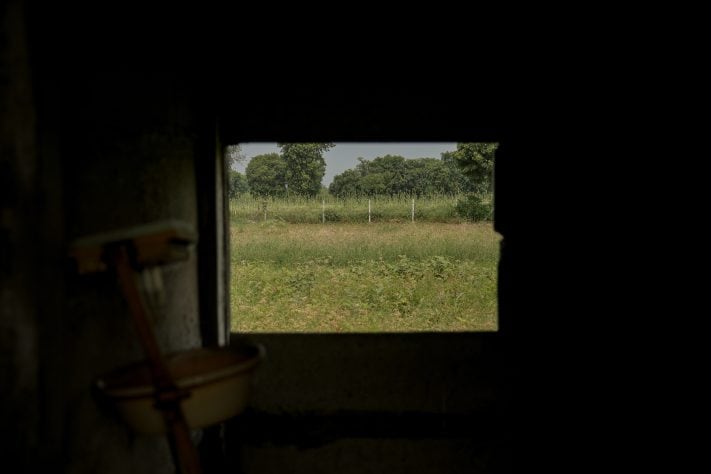
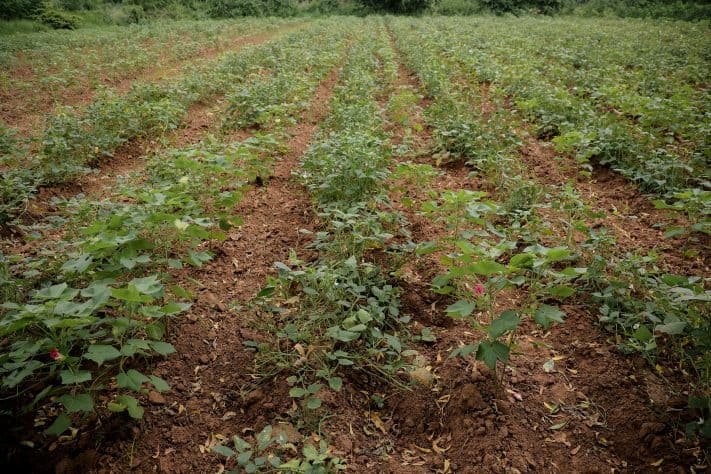
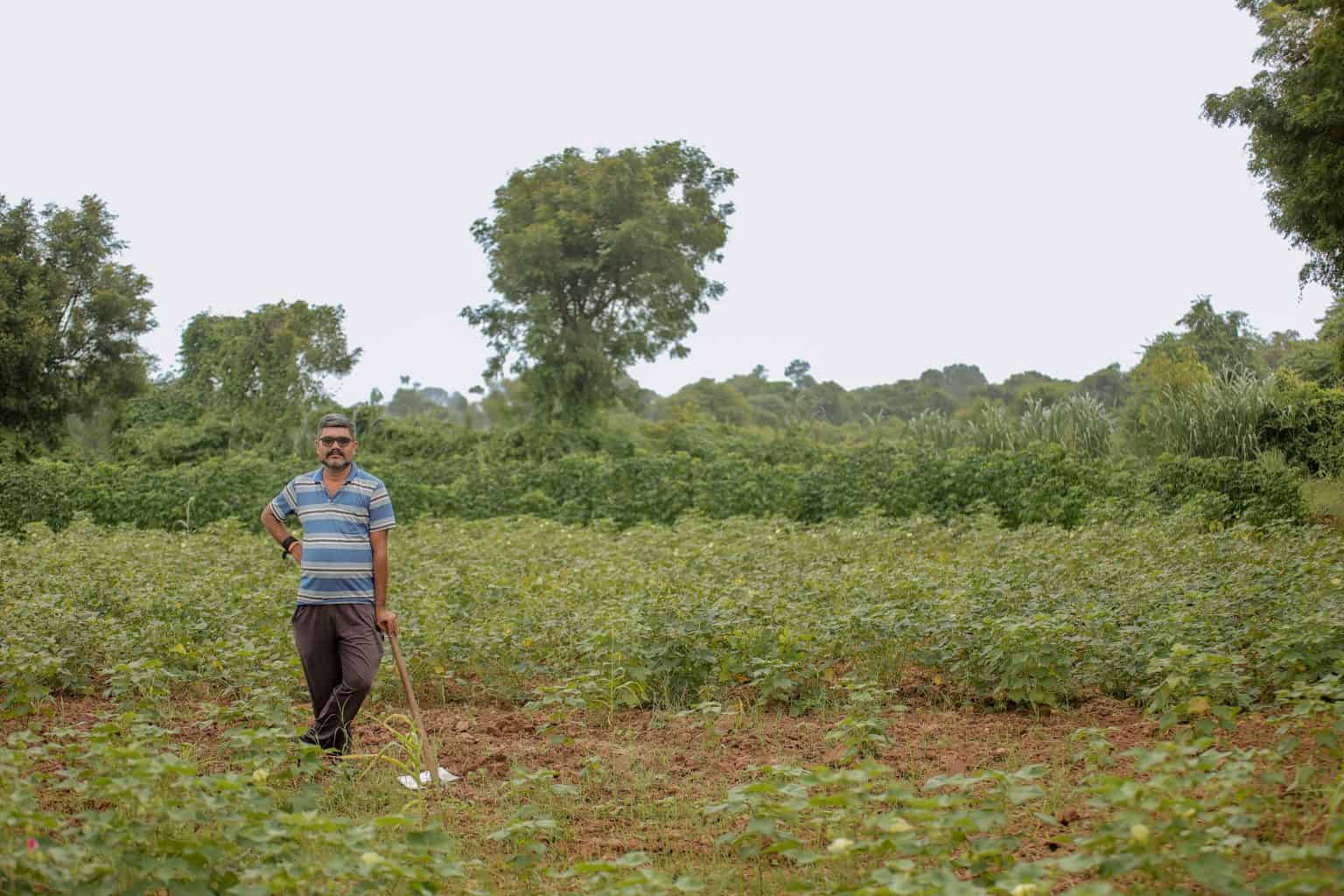
The accountant-turned-farmer has zero regrets about the switch. His crops now include cauliflower, wheat, sweet corn, tomatoes, cabbage, chilis — and cotton, the only one he offers on the global market. That’s because, for two years, Vaghela has been a part of a growing network of farmers in his area working with Materra, an innovative company helping to encourage the adoption of regenerative growing practices and optimize them for the local environment.
In 2022, Materra began working closely with 21 farmers in Vaghela’s community. There was no prerequisite to be using organic methods already – instead, Materra met the farmers where they were. Its ethos was all about learning from those who know the local land best, moving away from the specific requirements that organic certification requires toward a context-based approach. This year, the company has grown its collaboration to over 1,000 farmers so that they can scale regenerative cotton farming in the region together and collect data as they go.
Materra’s strategy involves identifying “master farmers,” such as Vaghela, who are encouraged to share methods from which they’ve seen success. “Our program design team runs workshops to onboard these insights and imbed them into our core crop recipe we use with farmers within that region,” said Edward Brial, Materra’s CEO.
Materra’s strategy involves identifying “master farmers,” such as Vaghela, who are encouraged to share methods from which they’ve seen success.
As a master farmer, Vaghela draws on the knowledge he’s gained over the years to help his peers. He’s shared the value of intercropping – where a crop is planted in between lines of cotton. He has found that placing cucumber and sweet corn in between cotton nourishes the soil.
His experience with organic agriculture also helps other farmers to reduce and substitute their chemical inputs. It’s something he sees as particularly important within his community since pesticide exposure can result in various negative health outcomes from skin problems and headaches to different types of cancer.
“Chemical farming is like slow poison,” Vaghela said. Protecting his family from these risks has been one of the greatest benefits since moving away from conventional farming methods. “I’m proud that whatever I grow is good for my health, the consumer’s health, and the planet’s health.”

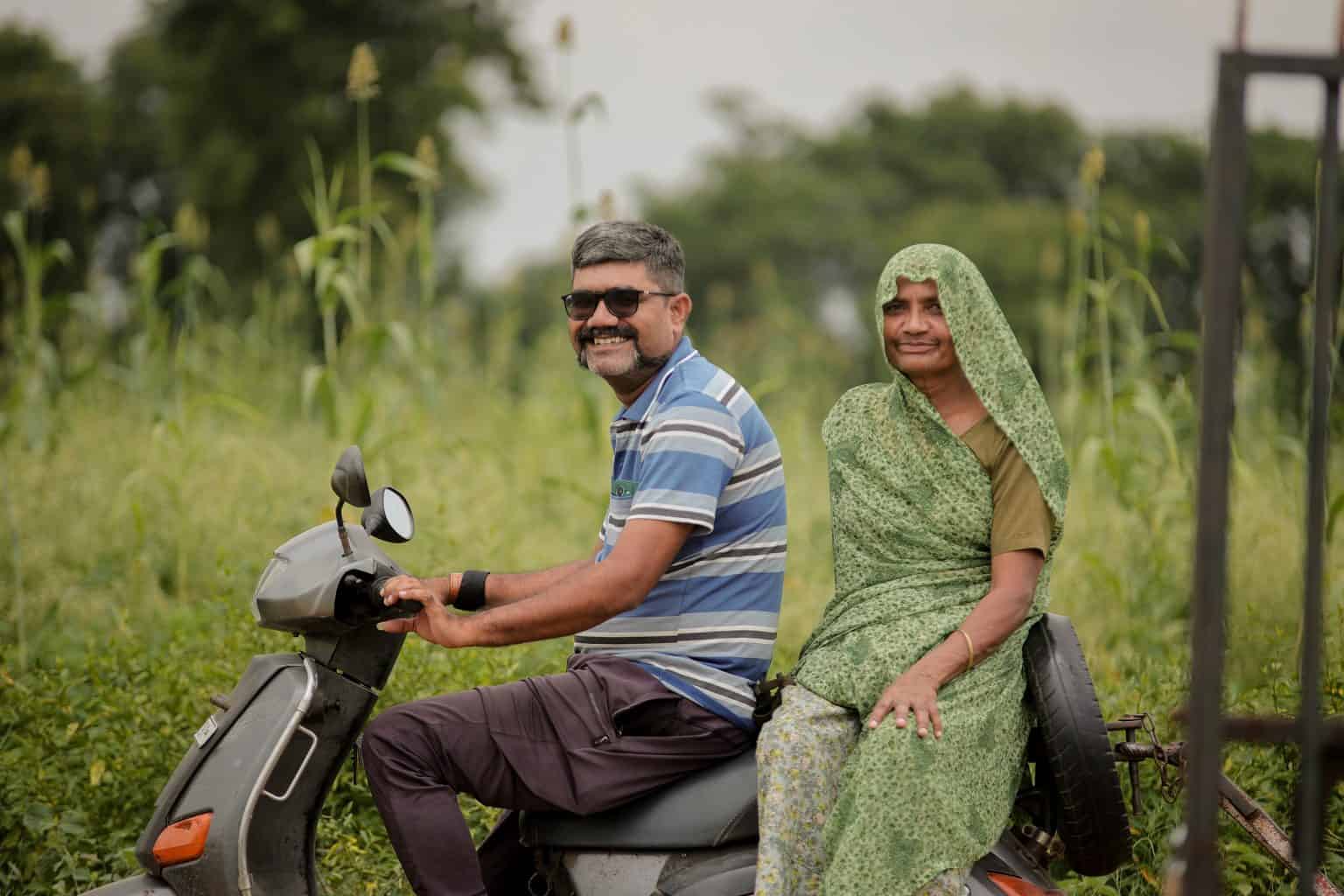
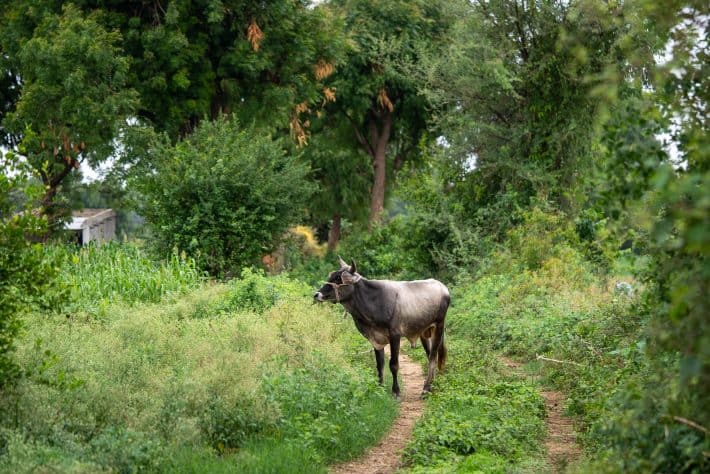
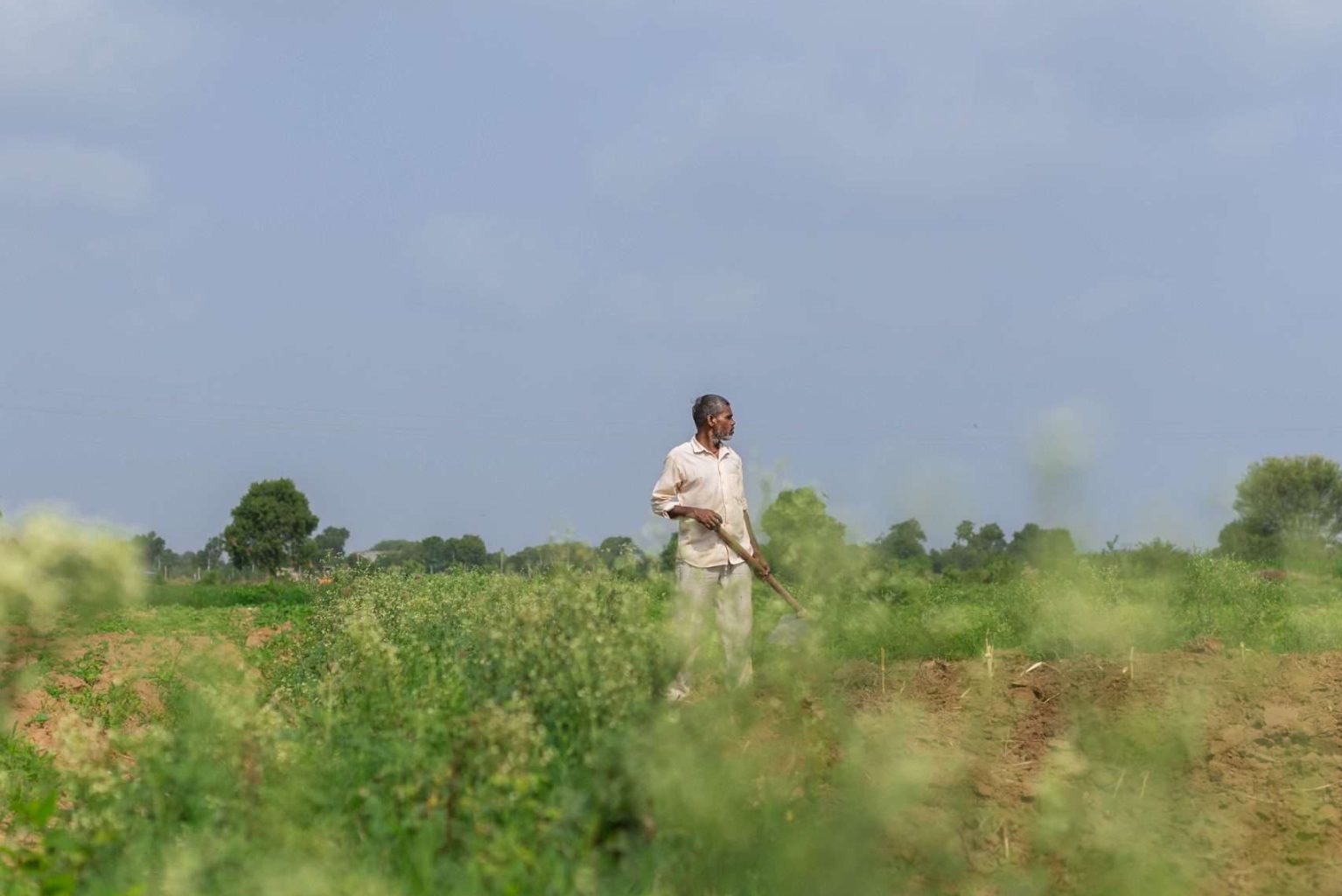
Making such switches, however, is far from simple for farmers. Agriculture can be unpredictable, and changes can result in poor yields which directly affect their income. Take Vaghela’s own experience. His first two years were spent experimenting on how to keep pests and diseases at bay without the use of toxic products, so some harvests failed entirely.
“I couldn’t compete with other farmers in terms of production,” he said. He didn’t have any support from his peers, either. They didn’t understand why he wouldn’t stick with the old ways.
Materra hopes that creating a safe space for knowledge sharing between farmers will help them withstand the financial pains that come with this transition. The company brings in its own innovative expertise to help optimize practices seen to work on the ground, and onboards brands to contribute finances too.
Materra hopes that creating a safe space for knowledge sharing between farmers will help them withstand the financial pains that come with this transition.
“We take a precision agriculture mindset, supporting farmers on the key times to apply nutrients or how to control pests, helping minimize the inputs needed to grow a profitable crop,” said Edward Hill, Materra’s chief sustainability officer.
“Our goal is to partner brands with farmers into 10-year agreements to really enable change at ground level by providing stability to farmers and enabling meaningful transitions,” added Brial.
Materra is also developing a farmer support app called Co:Farm. This AI-powered mobile and web application provides live, adaptive support to farmers and collects impact data, enabling the rapid scaling of regenerative farming. The impact data generated will also allow greater clarity for consumers who want to know more about where the raw materials in their purchases have come from and how they have been grown.

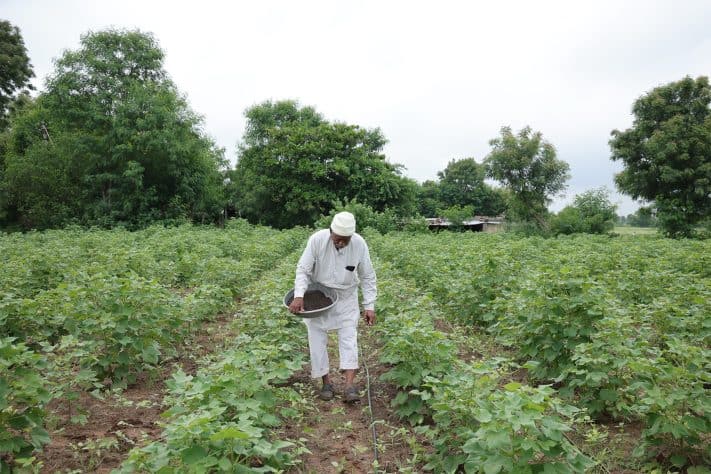
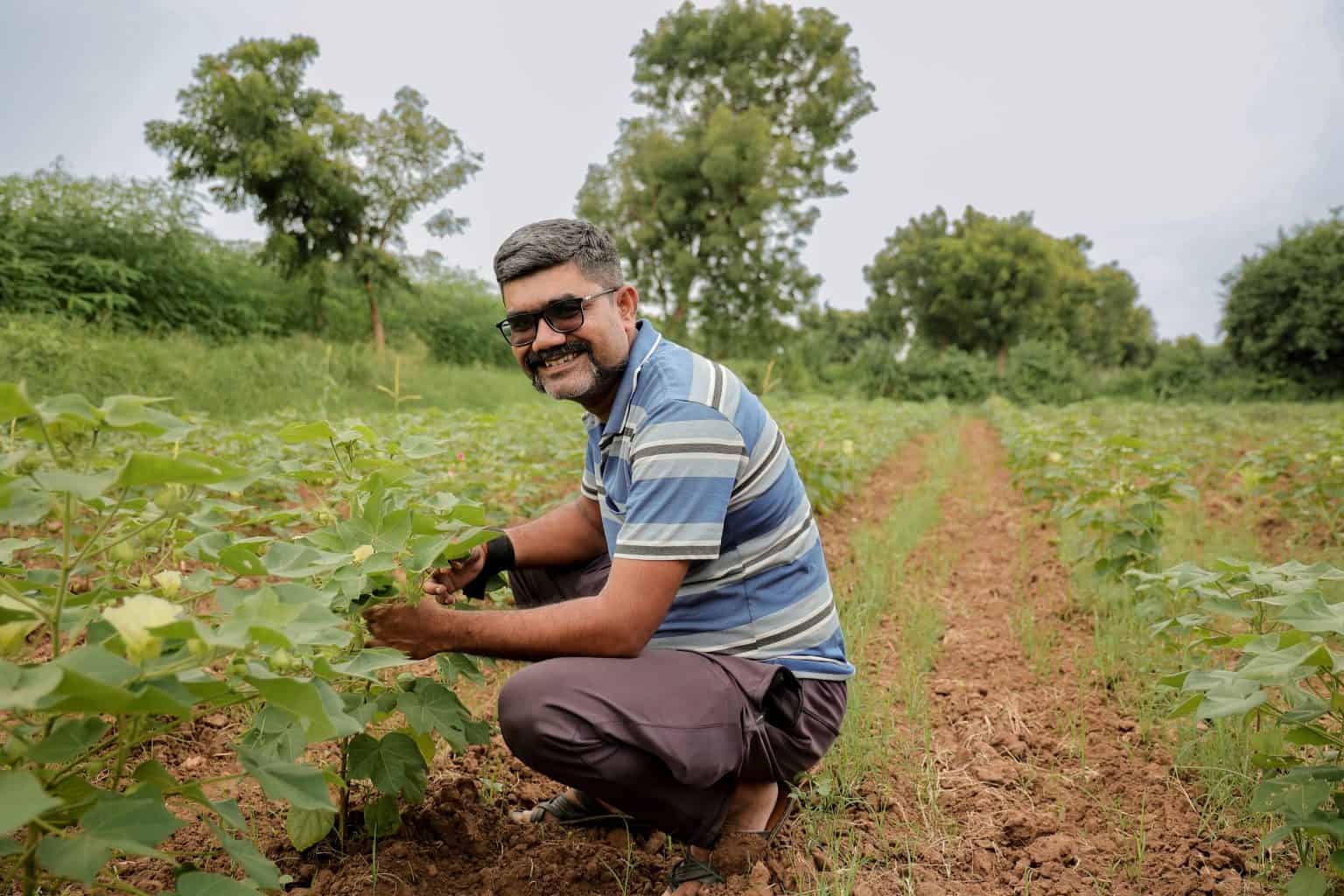
By communicating regularly with farmers, Materra hopes to improve their visibility. “Transparency is difficult to achieve when farmers are invisible and hidden behind complex trading initiatives,” Brial said. “Our field teams in India visit them regularly, and we can talk with them almost daily now through the Co:Farm platform.”
Ultimately, Materra believes that using innovation to help scale regenerative agriculture will give farmers the opportunity to both mitigate and adapt to climate change. With the production and use of conventional pesticides and fertilizers thought to increase the emissions associated with growing different foods and fibers, removing these inputs can help them lower the climate impacts of their farming. At the same time, building back soil health can help get depleted land plots back in action.
Transparency is difficult to achieve when farmers are invisible and hidden behind complex trading initiatives.
India’s farmers are especially in need. Climate change is making the country — its resources and its people — increasingly vulnerable. In June, a deadly heat wave overwhelmed the northern part of India, leaving at least 96 people dead. Such heat waves hit farmers whose work requires them to spend grueling hours outdoors beneath the unforgiving sun. There are also droughts and floods: India has been reported to have lost at least 70 million hectares of farmland since 2015 to such extreme weather.
Vaghela hopes more companies move to support regenerative farming because, the way he sees it, there’s no alternative given the ecological and health crises the fashion industry presents to communities like his. He wants to pass his land and all that it’s taught him along to the next generation — to his son.
And today, the local farmers are finally taking note. As more growers start experimenting with these kinds of practices, Vaghela is waiting for them, ready to offer the help he desperately needed when he first got started.
Together with the support of Materra, they can improve the fashion industry one cotton crop at a time.
